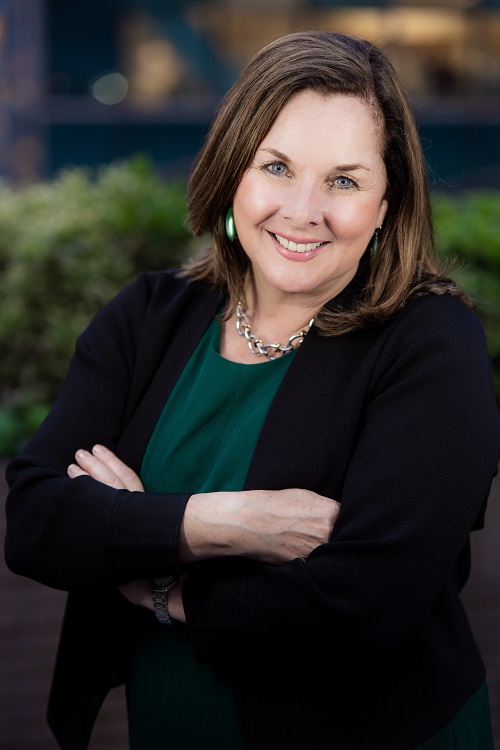Watson actually hired Branigan back when She Runs It was known as Advertising Women of New York. The now multi-city community has grown, as has their friendship, both evolving into powerful forces moving women forward in the industry. "Carol taught me an awful lot, let me ask a lot of questions, and really made me feel fearless in my role. So, it grew from a good working relationship to a strong friendship," Branigan says. Watson adds that, as the first person of color to serve as AWNY chair, she "felt a huge responsibility to make sure that the organization was inclusive.... Lynn and I bonded over her openness for change in the organization and embraced all the great initiatives that we wanted to put forward."
The inspiration and opportunity to benchmark the state of inclusion was born out of comments IPG's Michael Roth made to Branigan, telling her that the company that stands for women of all ethnicities and perspectives will be a game-changer. Branigan immediately sought out Watson, who'd moved to Diversity Best Practices (which has been conducting surveys and benchmarking for 30 years) and asked to brainstorm a solution. "Carol told me that it's really difficult. It takes measurement, accountability at the leadership level, and a commitment to act," Branigan says. But an idea came out of their discussion: "a tool to anonymously measure the state of inclusion, representation, and culture inside companies, ... combined with an open forum to share actionable best practices with one another." In other words, a la the positioning line of the movement, "what gets measured, gets done."
As they describe in detail in the podcast (availablehere, or on Spotify, Stitcher, and Apple, and summarized in the edited points below), most companies feel bad or ashamed about lagging levels of inclusion and shy away from knowing more. But the purpose of benchmarking and the survey is to provide a roadmap to understand the indicators of change. "It's less about where are we now and feeling bad about the numbers going down, and all about what will make a sustainable difference in how companies show up, how they work, how can they be more inclusive. It's far more valuable than just checking boxes." Branigan explains.
In the two friends' harmonic style, Watson — who previously helmed Tangerine Watson Inc., specializing in talent acquisition and inclusive leadership development — chimes in: "It provides a baseline. And, in my experience doing recruiting, companies had a perception of change, [and] talent had a perception of who was doing a good job and whether the investments that have been made have made a difference. But we've never anonymized and aggregated the information before, and that was really the validator — versus just asking people what the demographics were."
"Companies really want to know how we move forward. 'How can you advise me in a very powerful way?' ...You can't just say you've been doing a lot; you have to measure — and what's happening with LGBTQ shifts, disability, veterans; all of those things are covered within the index. It's a very holistic, data-based approach, which has been really missing in the marketplace."
The #Inclusive100 was launched with three goals in mind: measuring 100 companies by the end of 2020 (they are currently at 30), sharing 100 repeatable best practices, and propelling the participating companies to a perfect score of 100. The latter, Branigan stresses, "doesn't mean you are perfect, but that you're doing all the right things to have a workforce that's inclusive and representative of the customers you serve."